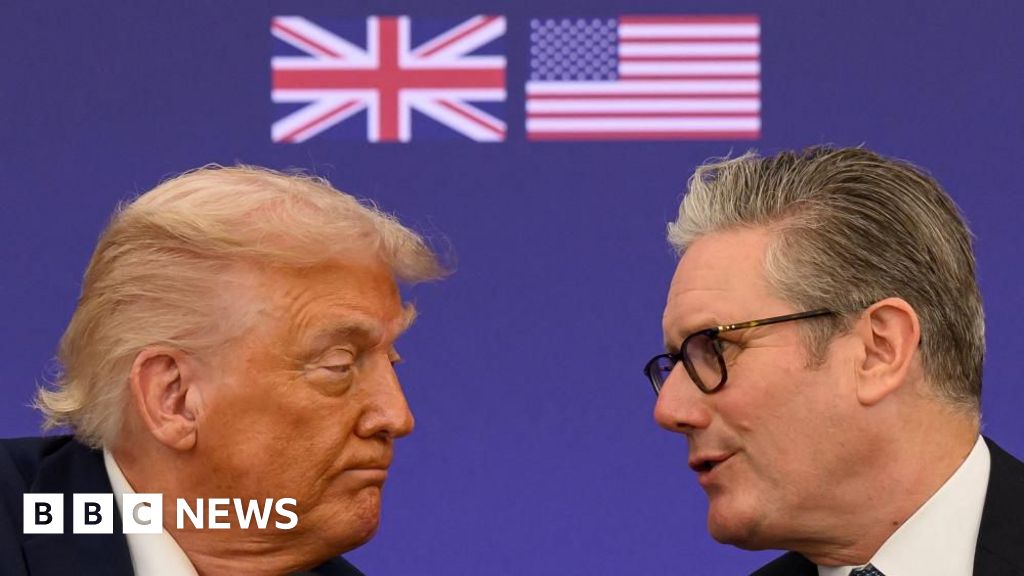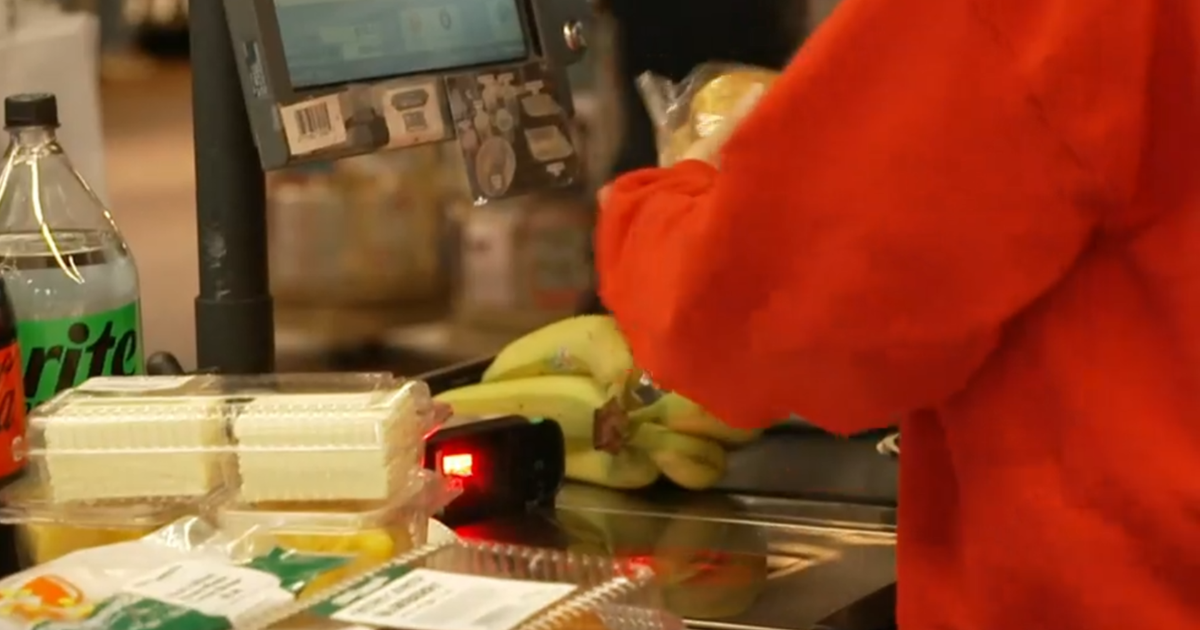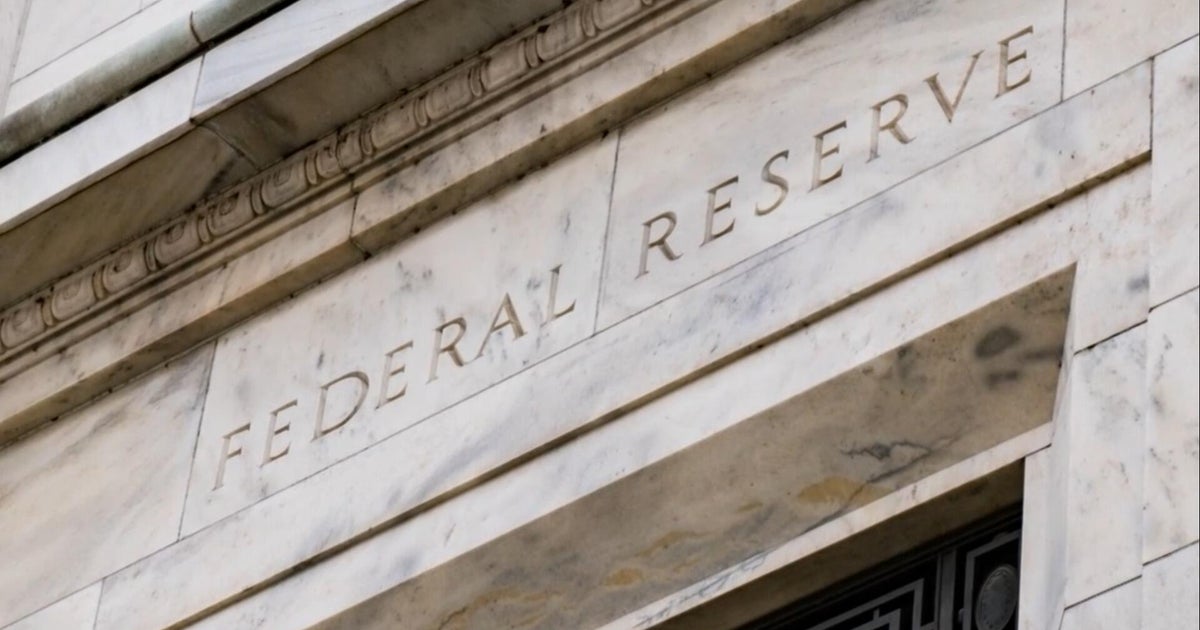By Chris Brycki
September 3, 2025 — 5.01am
Every earnings season we get the same headline. A big company misses expectations, the share price tanks, and someone blames exchange-traded funds (ETFs) and index funds for the big price move.
The story goes that passive investing has broken price discovery and made markets more volatile. It sounds convincing, but it’s not what’s really going on.

Woolworths shares plunged 14.7 per cent after the retailer cut its final dividend and posted a 17 per cent fall in underlying net profit to $1.4 billion.Credit: Louie Douvis
What’s really happened is that ETFs and indexing have levelled the playing field. Prices now adjust faster and more fairly, which means everyday investors who own the index rather than punting on single stocks are no longer easy prey for professionals who once profited from their slow reactions.
A decade or two ago, active managers could add value by buying after a company reported a strong result, or by selling after a weak one. Regular mum and dad investors were often slow to react. This created what academics call “post-earnings announcement drift”, where prices adjusted gradually over several weeks or months.
Today, with more money flowing passively, those opportunities have all but disappeared. When CSL, Woolworths or James Hardie disappoint, the reaction is immediate. Prices gap lower from the opening bell. When Coles or Westpac surprise on the upside, they soar the same day.
Loading
With everyone actively trading the market now highly skilled and working with the same information and tools, it’s harder for anyone to stand out. That’s the paradox of skill: as the average level of skill rises, outperformance becomes rarer, and luck plays a bigger role.
Why moves look bigger now
This reporting season has been one of the most volatile on record. James Hardie plunged 27 per cent in a single day. CSL had its worst drop since listing in 1994. Even “safe” Woolworths saw its heaviest sell-off in 30 years. It feels brutal. But it’s not chaos. It’s efficiency.
Instead of drifting down a couple of per cent each week for two months, the market reprices instantly. The move looks larger, but it’s simply faster. Think of it like ripping off a band-aid. Quick and painful, but over straight away.
That edge of slow drift is gone. With fewer retail investors trading the market, and more money flowing passively, news is priced in immediately. If Woolworths misses, it’s down 15 per cent that day. If Coles beats, it’s up 9 per cent. No lag. No free lunch for the pros.
Without ETFs and index funds, you’d still have a market where slow retail money was easy prey for the pros.
The S&P SPIVA Australia scorecard backs this up. Decade after decade, fewer active Australian share managers are beating the index. Not because they’ve suddenly lost their touch. But because the game has changed.
When post-earnings drift disappears, and only skilled players remain, alpha dries up. It becomes active fund A versus active fund B. And when everyone is equally good, luck decides the winner. That’s why more Aussie investors are choosing low-cost index funds and ETFs, where luck isn’t the main driver of returns.
‘No buyers’ is the wrong story
You’ll sometimes hear that ETFs aren’t there to “catch the falling knife”. They keep buying the index slowly on the way up, but don’t step in when a CSL or Woolies is tumbling.
That’s not the real issue. The reason there are fewer buyers after bad news is because all the professionals already know the story. If they think the stock is still too expensive, they don’t buy. The price just falls until a new balance is found.
That might feel ruthless. But it’s fairer than letting insiders milk retail investors who don’t read the results until the weekend. Volatility isn’t a sign markets are broken. It’s a sign they’re working better. Earnings news is being priced in instantly rather than dripping out over months.
Sure, that means scarier chart moves. But it also means prices reflect reality quicker. And for long-term investors, that’s precisely what you want.
So next time you see headlines about “wild swings” and “record earnings volatility”, don’t point the finger at passive investing. Thank it. Because without ETFs and index funds, you’d still have a market where slow retail money was easy prey for the pros.
That game’s over. And that’s a win for everyone.
Chris Brycki is founder and chief executive of online investment adviser Stockspot.
- Advice given in this article is general in nature and is not intended to influence readers’ decisions about investing or financial products. They should always seek their own professional advice that takes into account their own personal circumstances before making any financial decisions.
Expert tips on how to save, invest and make the most of your money delivered to your inbox every Sunday. Sign up for our Real Money newsletter.
Most Viewed in Money
Loading


















































